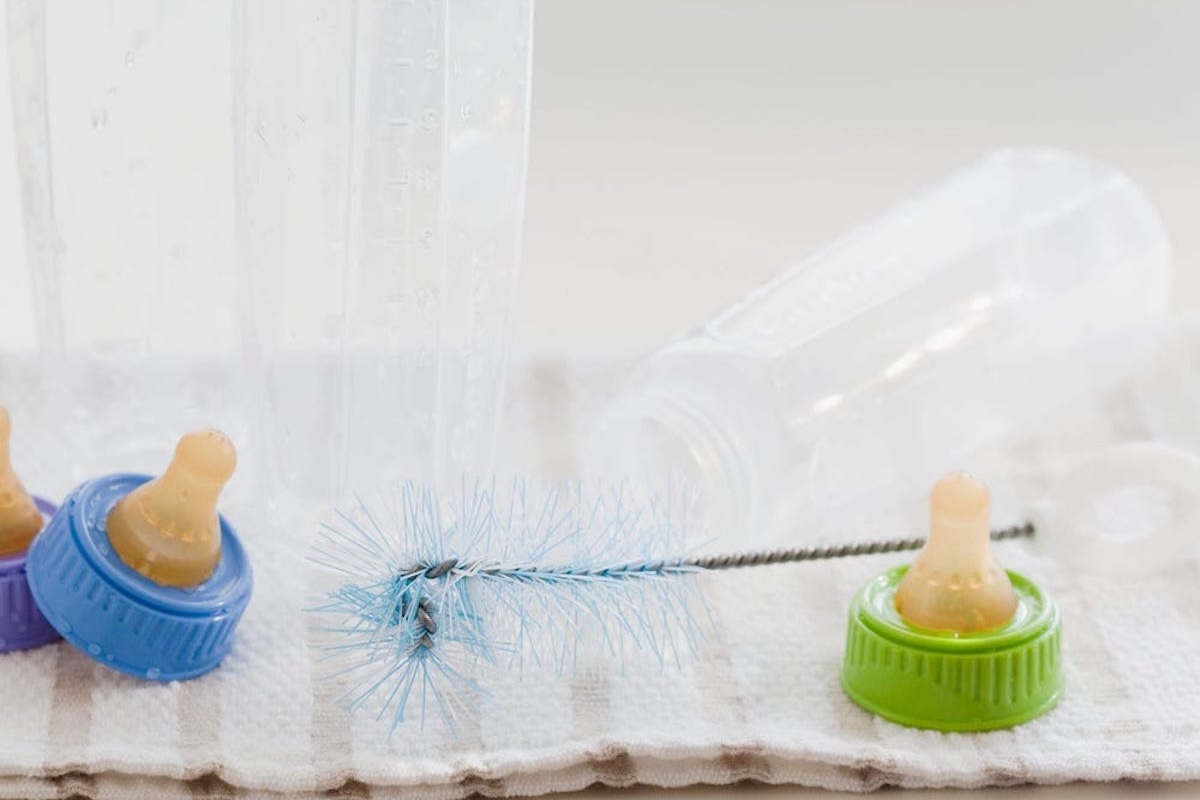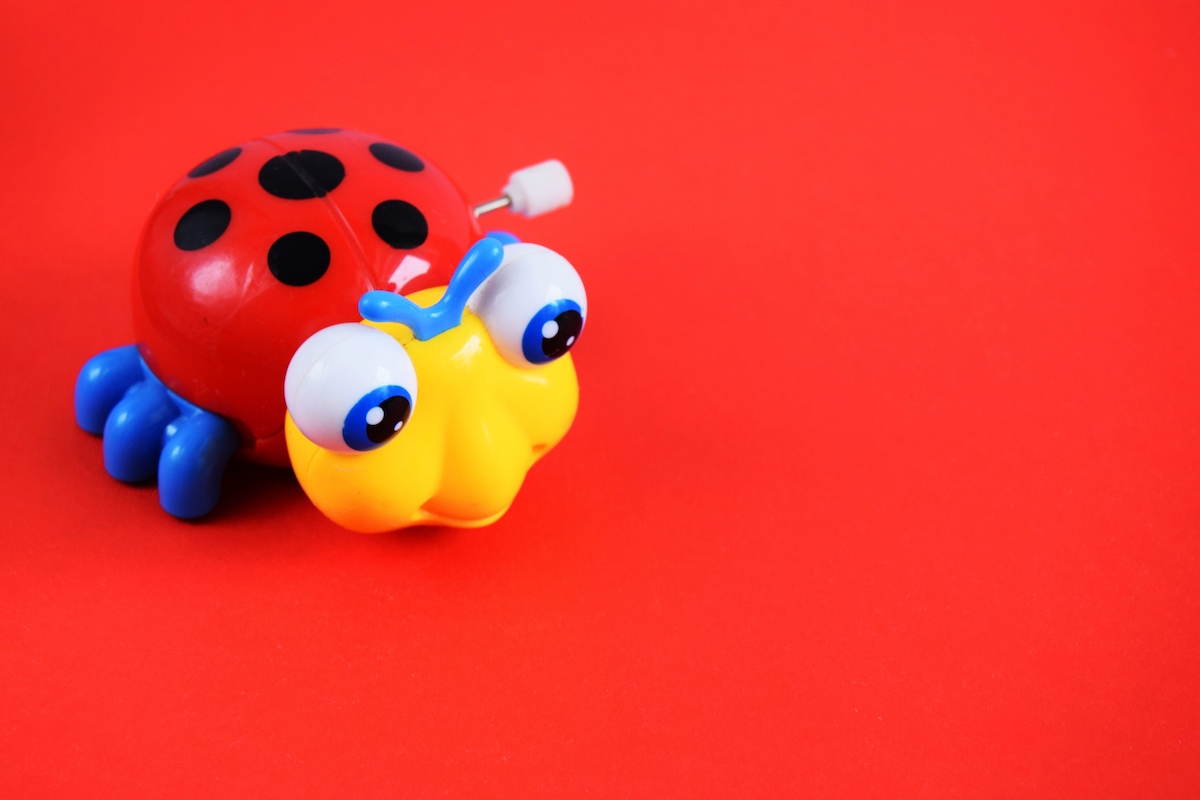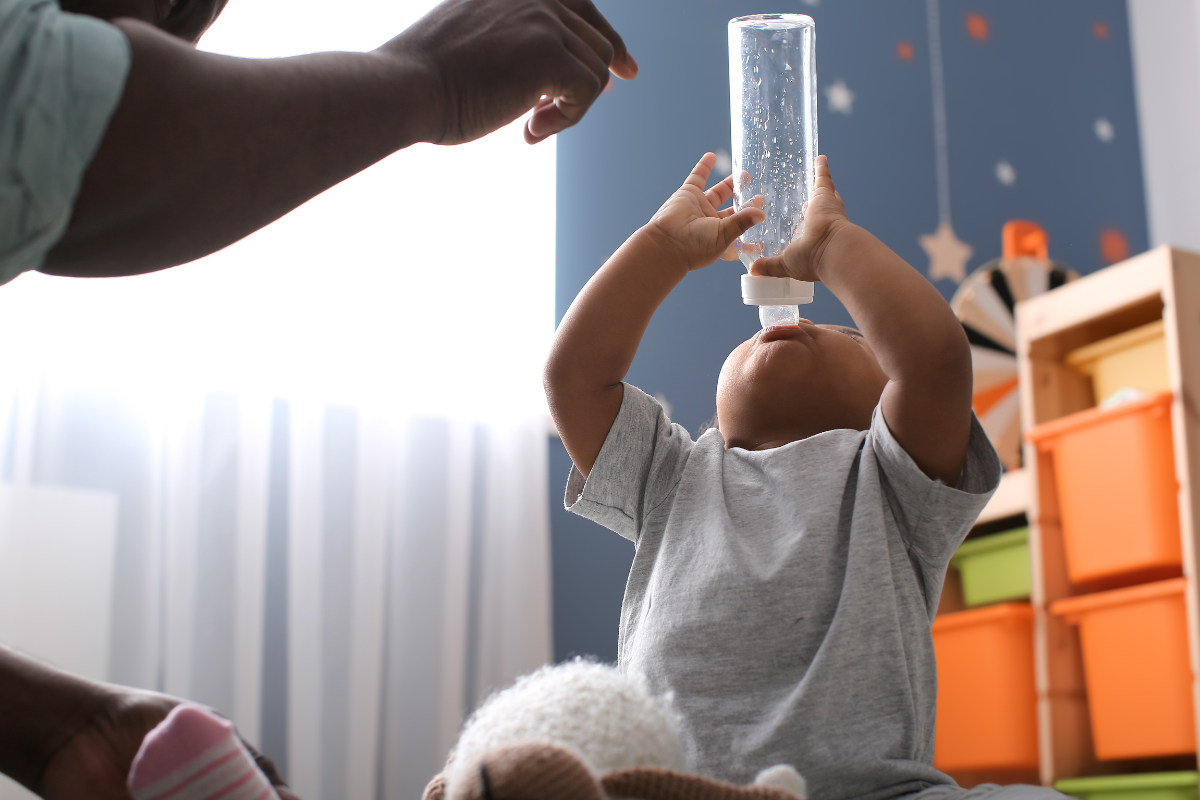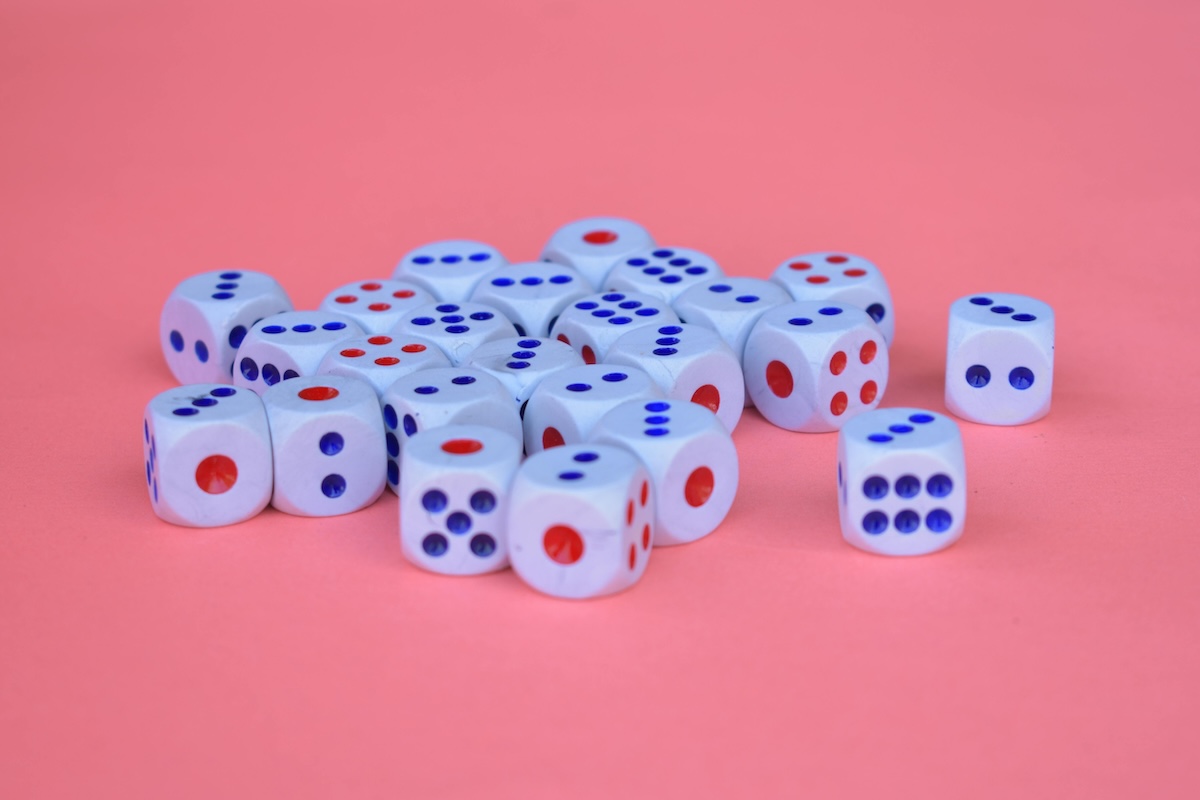There was a short period, a couple of weeks ago, when it felt like every day there was a new “panic headline.” My Instagram DMs and email inbox filled with “Is this true?!” and “Talk me off the ledge, please!”
I often respond to these in real time on Instagram. A 60-second story can be enough to say “Move on with your day!” but often not enough to really explain why you should disregard these headlines or get into the process of what I look for in evaluating them. This “explaining why” is the core of ParentData, so I’m going to unpack recent panic headlines in a bit more detail here.
The goal is twofold: first, if you’re still worried about this particular panic headline, you can dial that down. And second, to give you some questions to ask yourself before you panic with future headlines.
What’s the claim? I’m combining two panic headlines here because they have the same core problems. The first is the claim that Kirkland brand baby wipes, from Costco, have PFAS chemicals in them. The second is the claim that Dr. Brown’s bottles leak microplastics. Both of these claims are made in class-action lawsuit filings: see here and here.
Most important issues: Lack of new evidence, unclear possible outcomes, poor incentives.

Details: Let’s start with the baby wipes. The source of this panic headline is a class-action lawsuit brought against Costco on the claim that its baby wipes contain high levels of PFAS chemicals.
- First point: There is no evidence presented for this claim. The plaintiffs claim they have evidence, but not only has it not been subject to scientific scrutiny, they haven’t even said what it is.
- Second point: The overall data on the impacts of PFAS chemicals on health is somewhat unclear and, further, most of the exposure we have to these chemicals is through ingestion. The degree that infants would be exposed through wipes would be extremely small, even if the wipes did have high chemical levels.
- Third point: incentives. This is a class-action lawsuit. The goal of the plaintiffs is to get money from Costco. This doesn’t necessarily mean they are wrong, but we should understand the incentives. Another plaintiff has another lawsuit against Costco, about pricing. It’s a business.
Turning to the microplastics: The source of this panic headline is also a class-action lawsuit, brought against the bottle manufacturers, based on the argument that, when heated, the bottles release microplastics.
- First point: This lawsuit is based on a scientific study, but not a new one. A 2020 paper showed that these bottles, which are made with a chemical called polypropylene, can release microplastics when heated.
- Second point: There is no compelling evidence of harm to health from these microplastics. Organizations like the American Academy of Pediatrics view this particular type of plastic as the safest for use (much safer than, say, BPA). I am not saying that it’s good to eat plastic. But the rhetoric here suggests that we know that there are dire health consequences, which we do not.
- Third point: incentives. See above. It’s a lawsuit. People like money.
Big picture: Just because something sounds scary doesn’t mean we actually have evidence that it is bad. Yes, we live in a world with chemicals, but they are not necessarily all bad. An increasingly quick way to clickbait is to throw the name of a chemical in the headline. If you see “chemicals” and you read “lawsuit” … think twice.
Community Guidelines





















Log in
I came to say the same as another commenter. I’m not a lawyer but I learned from listening to the podcast You’re Wrong About that the US relies on lawsuits to get many things to actually change in our system. That doesn’t mean they’re all good by any means but to me that means we shouldn’t assume the incentive behind a lawsuit is money if our system is set up to use them to keep companies in check.
Re: PFAS and ingesting being the big pathway for exposure, could you speak on/decode this research indicating that skin exposure is indeed a problem?
https://www.sciencedirect.com/science/article/pii/S0160412024003581
I gotta day, I don’t find the “we don’t know the impact of these chemicals yet, so don’t worry about them” line to be less than convincing…particularly when in the background we know that there have been rising rates of medical problems like cancer in young people that are thought to be likely driven in part by environmental exposures…there are so many things where we didn’t know they were a problem initially until more evidence came in.
Let me start by saying, I love this platform and all that it does. But as a lawyer who brings class action lawsuits against some of the biggest companies in the world, including for putting/having PFAS in their products (though, I did not file either of the lawsuits in this article), I’m disappointed to see the incentives category (twice) alluding to plaintiffs and their attorneys only seeking financial gain. While this is my job and I do need to get paid to feed and house my family, I could do a thousand other jobs and also get paid, but keeping companies in check is an important part of society that is also a huge (and perhaps subtle) incentive. Without class action lawsuits against big companies for things that are scientifically-controversial, cigarettes would still be advertised as safe for children and BP would not have been held accountable for its oil spill in the Gulf. There are many compelling Incentives—not just money—for cases like these.